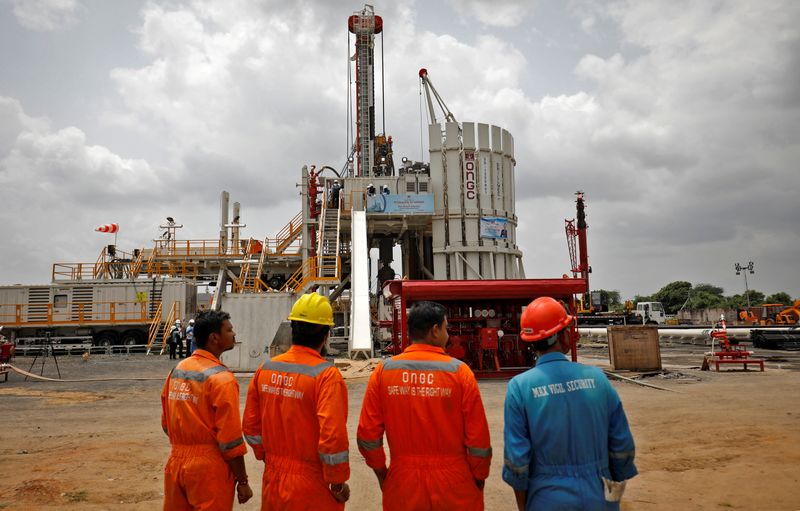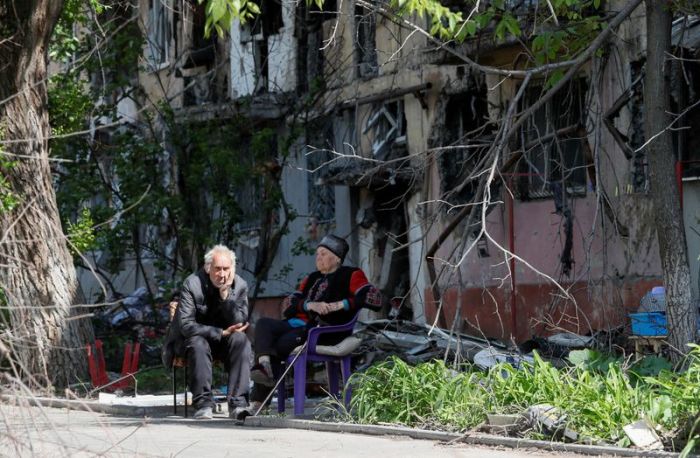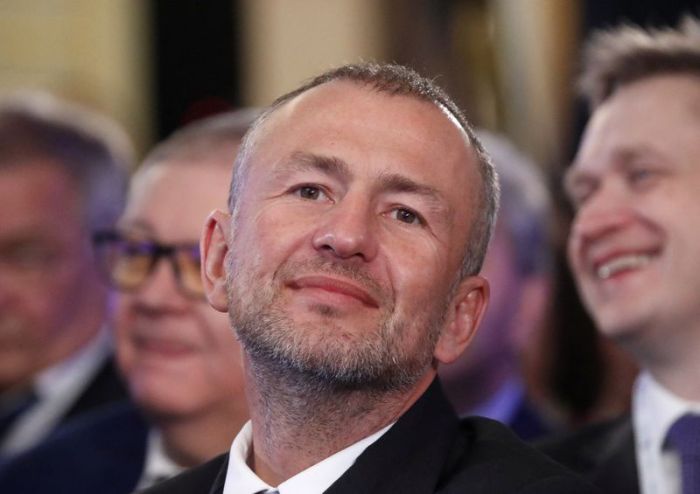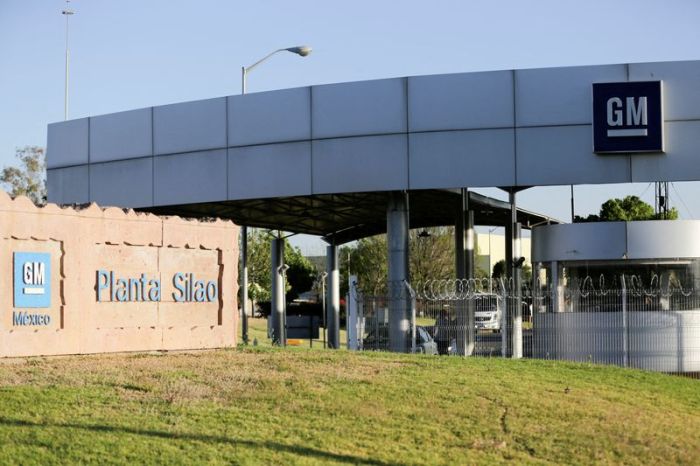HOUSTON (Reuters) -Oil prices rose on Friday, closing out the week with gains ahead of the U.S. Memorial Day holiday weekend, the start of peak U.S. demand season, and as European nations negotiate over whether to impose an outright ban on Russian crude oil.
Brent crude rose $2.03, or 1.7%, to settle at $119.43. U.S. West Texas Intermediate (WTI) crude rose 98 cents, or 0.9%, to settle at $115.07 a barrel. For the week, Brent rose 6% while WTI gained 1.5%.
Prices drew support from strong worldwide demand for fuel, with both gasoline and heating oil futures outpacing crude this year.
“Demand is strong with products leading the way, especially gasoline which dragged crude oil up with it,” said John Kilduff, a partner at Again Capital LLC.
“The U.S. driving season and strong travel demand should help (prices). With supply growth lagging demand growth, the oil market is likely to stay undersupplied. Hence, we remain positive in our outlook for crude prices,” said UBS analyst Giovanni Staunovo.
European Union countries are negotiating a deal on Russian oil sanctions that would embargo shipment deliveries but delay sanctions on oil delivered by pipeline to win over Hungary and other landlocked member states, officials said.
Hungary’s resistance to oil sanctions and reluctance of other countries have held up implementation of a sixth package of sanctions by the 27-member EU against Russia following its invasion of Ukraine.
EU government envoys could reach an agreement in Brussels on Sunday in time for leaders to endorse it at their May 30-31 summit, officials said.
Iranian forces seized two Greek oil tankers on Friday in the Persian Gulf, which has also made investors wary of being short going into the weekend, said Phil Flynn, an analyst at Price Futures Group.
“We are seeing assumptions that the demand for oil and gas may be stronger as the stock market suggests that fears of a recession may be being overplayed,” Flynn said.
Russian President Vladimir Putin told Austrian Chancellor Karl Nehammer that Moscow would meet its natural gas delivery commitments.
(Reporting by Marcy de Luna in Houston, additional reporting by Bozorgmehr Sharafedin in London, Stephanie Kelly in New York; Editing by Diane Craft, Kirsten Donovan and David Gregorio)



















